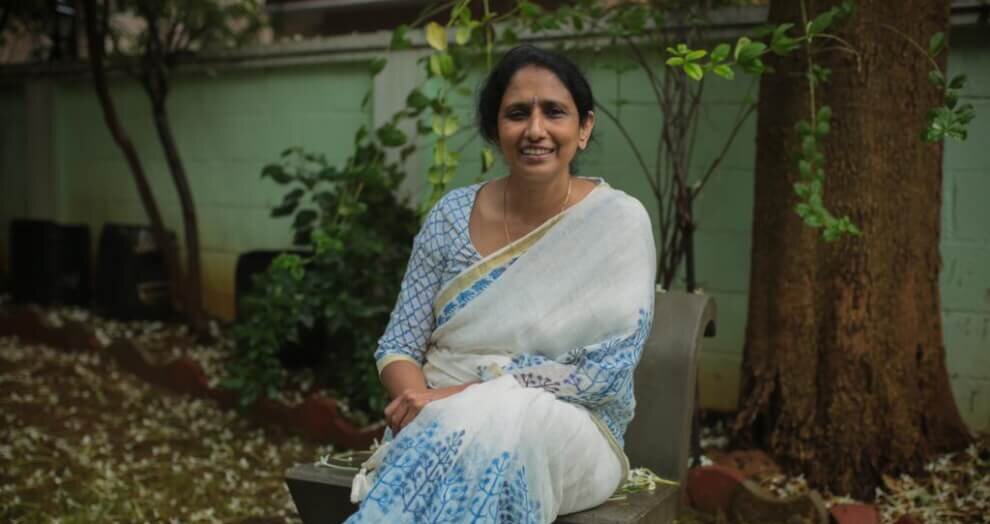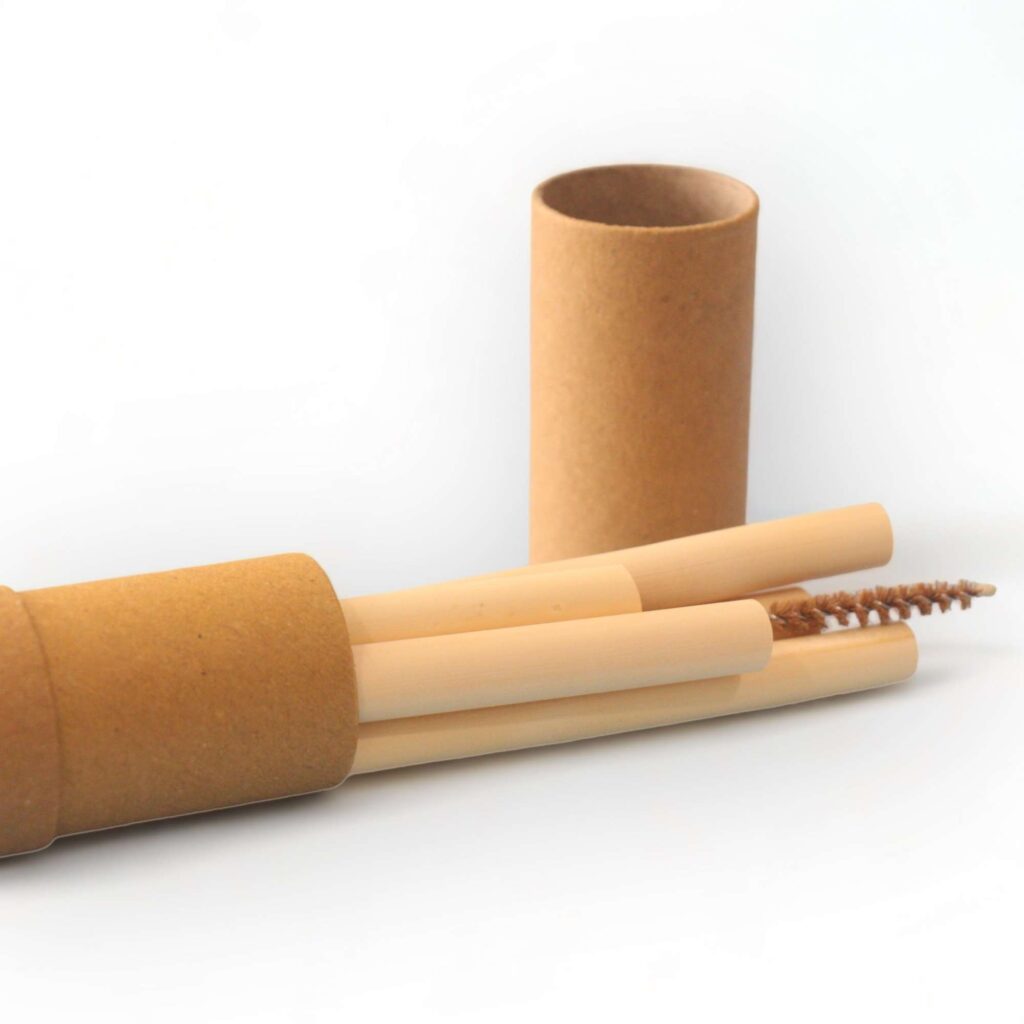It was that time of the week. Prasanna walked into the book store with her parents. She ran past the popular magazine shelves where Femina, National Geographic and India Today were stacked. At the shop back, she rummaged through the children’s magazines until she got her hands on the latest edition of Detective.
“As a kid, I enjoyed reading crime and murder stories,” she gleams. Dr. Prasanna Gettu’s passion for criminology and the purpose of her NGO—International Foundation for Crime Prevention and Victim Care (PCVC)—stemmed from her early childhood as an avid reader.
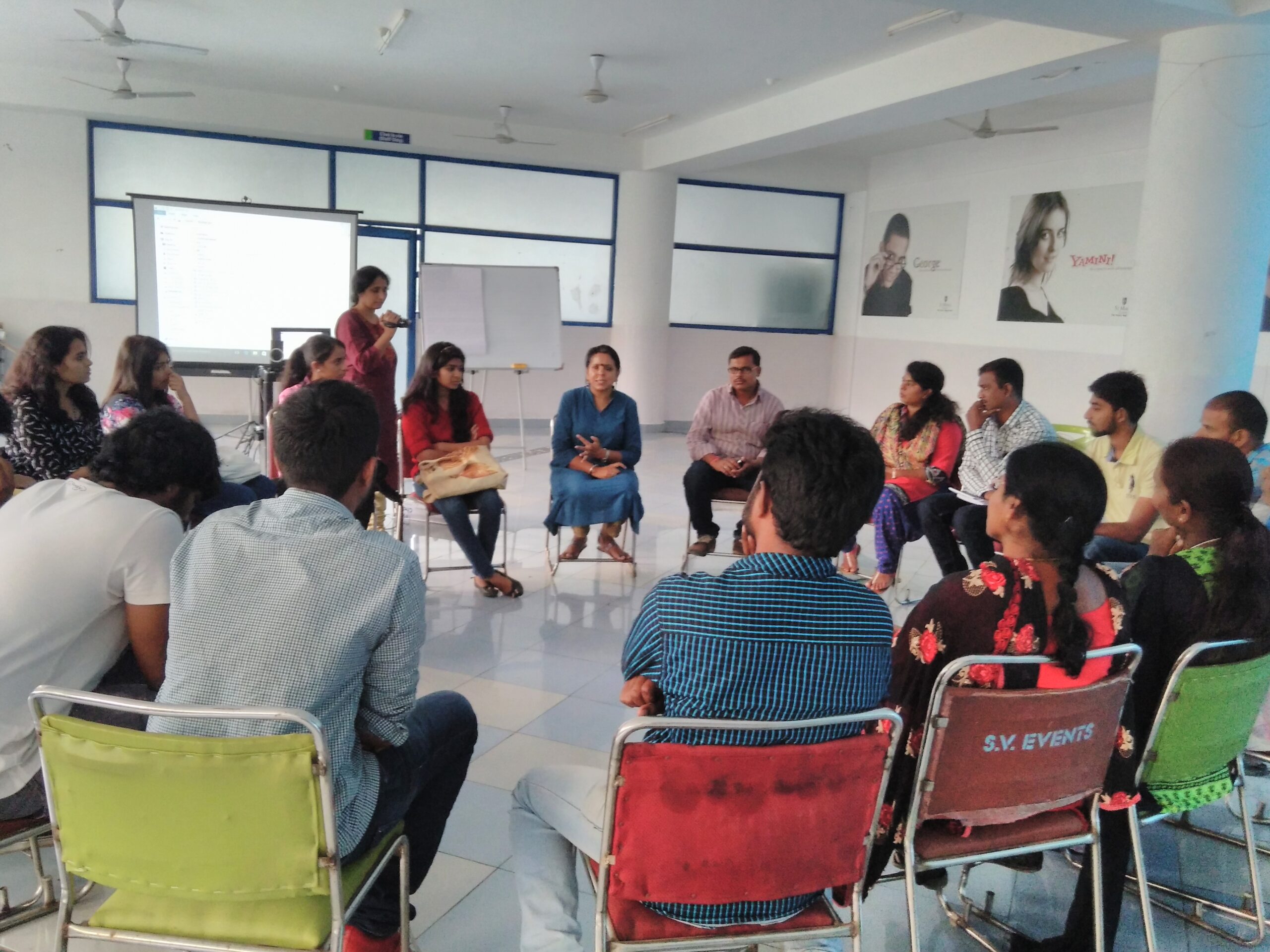
“Thirty-five years ago forensic psychology and the other forensic sciences were not available as a post-graduation course,” she recollects, “So I pursued criminology, which was a new course at the Madras University.”
The criminologist was completing her Ph.D. at the university when she was offered an opportunity to undertake a post-graduate diploma in Victimology at the Tokiwa University in Japan. Usharani Mohan and Hema Ramachandran were the only other Indians who were selected for the program in Japan. The trio from Chennai gained significant exposure by engaging with victims first-hand and observing how the country, society and organisations participate in the recovery of the victim.
In 2001, Prasanna returned with an increasing desire to create something similar in India. The trio started PCVC as a research-focused charitable organisation under the mentorship of an academician from the criminology department, Dr. K. Chockalingam.
The trio began operations from a small room in Hema’s father’s office at Parry’s Corner. Slowly, through word of mouth, the organisation came to be known as an entity that one could contact to understand what their rights are and to request support in case they feel victimised.
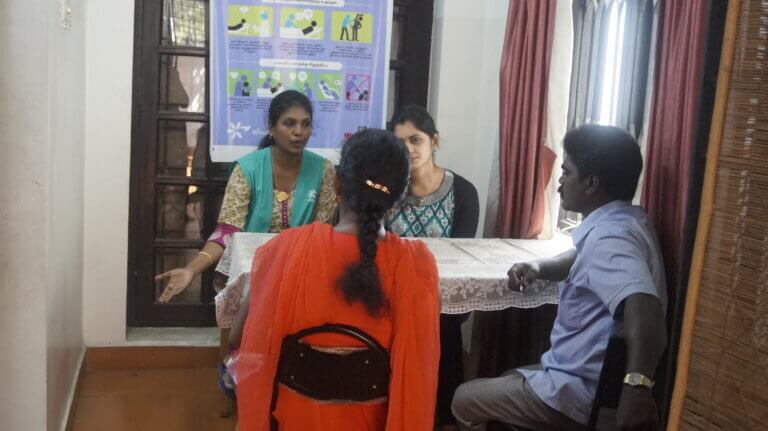
“As we were a part of the criminology department, we frequently worked with the police,” she explains. The association led them to their first funded project. PCVC published the first-ever framework and compilation of statistics on crimes in Tamil Nadu. “The money we received for this project became our seed funding for PCVC!” she chuckles.
At the end of the first year, they realised that almost all of the cases they dealt with pertained to domestic violence. “Only one person came to us with a credit card fraud complaint,” she says as she describes how PCVC began specialising their operations towards domestic and inter-personal violence towards women and children. In the last three years, the organisation began collaborating with LGBTQ support groups like Orinam to provide their services to lesbians and trans men.
It is a common misconception that NGOs are for the benefit of certain socio-economic classes. PCVC was well aware of this misconception since its inception. Domestic violence was a universal problem for all demographics. The lack of well-maintained support services and collaborative processes between organisations led PCVC to create its own set of support services. “However, someone who experiences domestic violence requires holistic support,” she explains. So, PCVC ensured that they would remain a cog in the wheel as they integrated their programs and collaborated with several other specialised government and non-government organisations to empower and reintegrate victimised women and children.
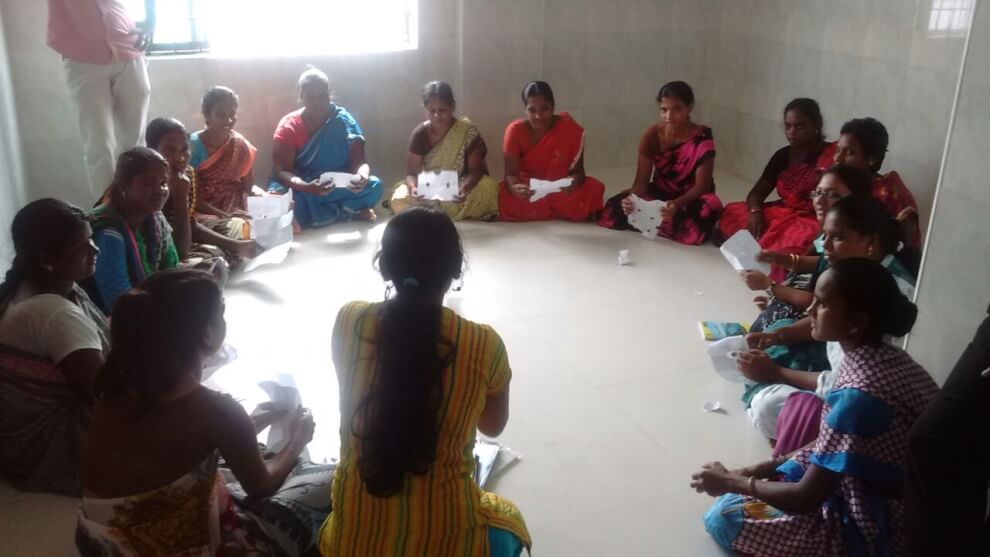
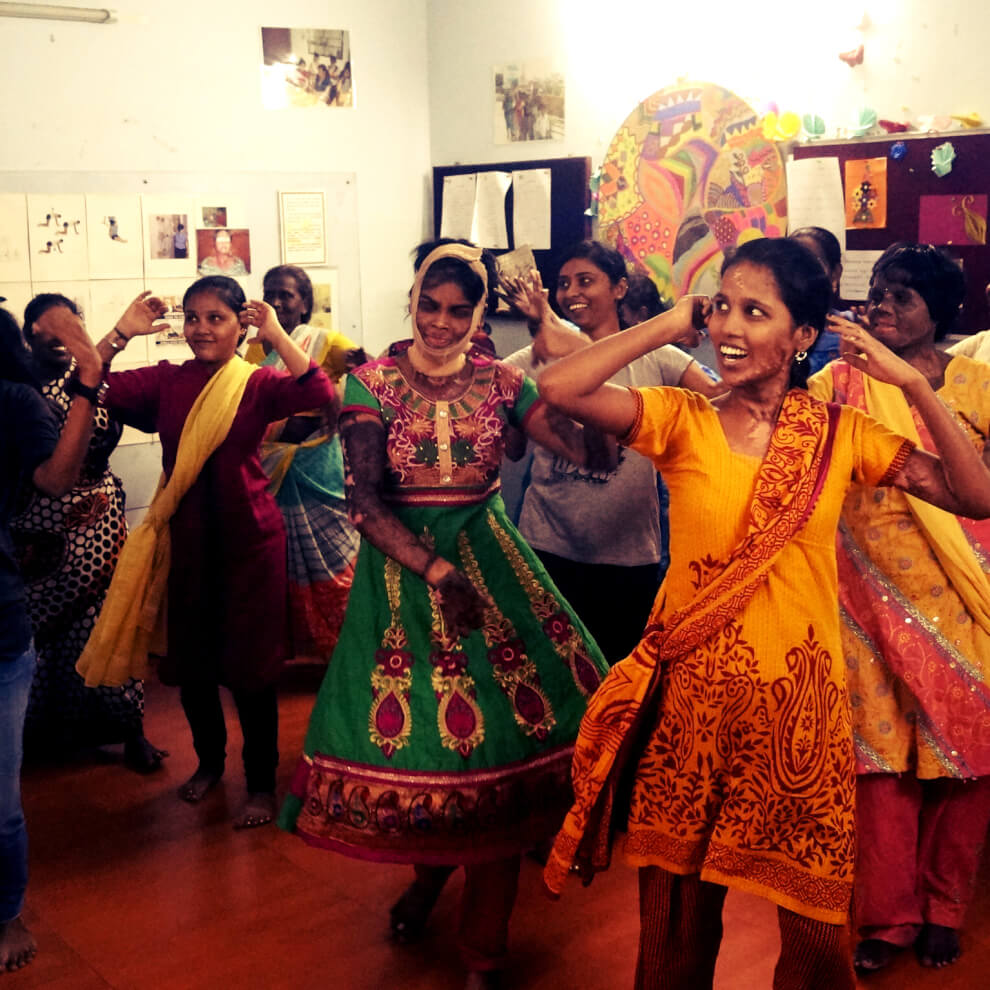
“Every new support service we initiated came out of a need from one of our clients,” reveals the founder. In 2006, PCVC commenced its flagship Vidiyal program in collaboration with Kilpauk Medical Hospital. Burn survivors of domestic violence proved to be a challenging premise. The premise was unique. The survivor not only underwent domestic violence from her family but also needs to adapt to physiological changes because of the burn. The Dhwani crisis hotline (a 24/7 toll-free helpline) followed to connect victims from anywhere in India to a counsellor. Eventually, the NGO also worked hand-in-hand with the police at Anna Nagar to create a coordinated response project titled Udhayam that would provide counseling services to women who come to the station seeking assistance.
The entire journey was a learning process. Right from the way they spoke to the women to the way they dealt with their family—everything made a long-lasting impact. “When we started, we used to say that we would take care of everything, now that they were at our shelter” she recalls, “It was only in the long run that I realised that it was important to guide the woman towards a solution.” With every engagement, they learnt something new. Over time, PCVC created a sustainable system to empower and reintegrate women and children back into society.
The organisation now has two shelters in undisclosed locations for the safety of the clients. The rightsholders (as Dr. Prasanna prefers to refer to her clients) are provided with a variety of programs that help them reintegrate into society. What started as a three-women-run operation eventually grew into a forty-five membered team of physiotherapists, nurses for wound care, psychosocial specialists who visit homes, an administration team that takes care of operations and a security team for the staff and the victims.
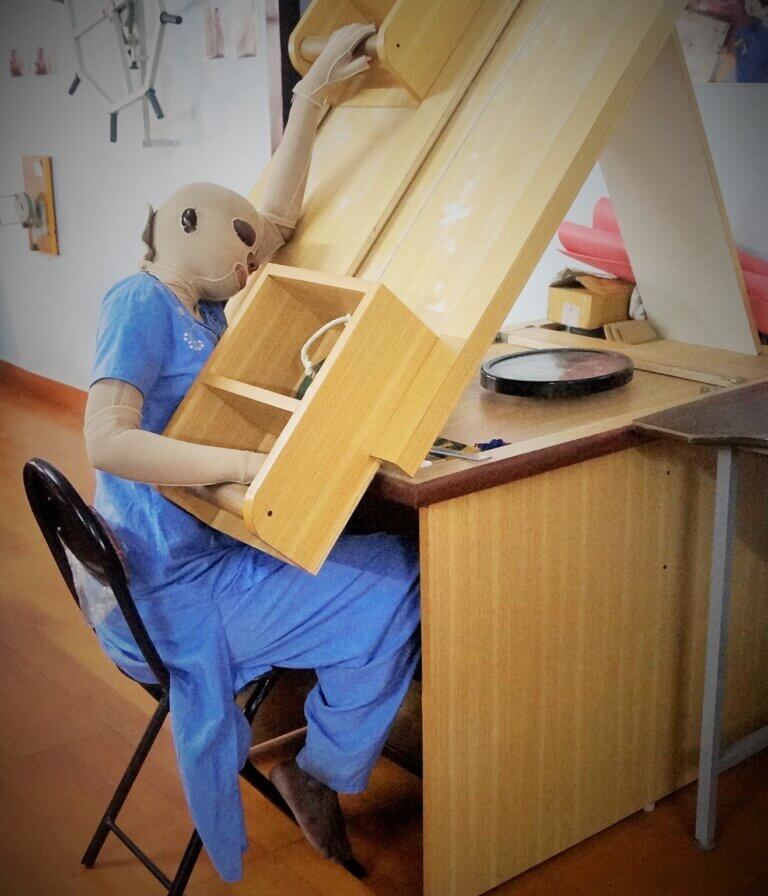
This July, PCVC launches Nool—a thrift store. “All NGOs take donations in the form of clothes, toys and other daily objects,” she says. The women and children at the shelter leave behind their entire lives. Nool helps them build a new one. “There is a sense of confidence that the woman gains in being able to budget and buy her own things,” she divulges. As a part of the project, everyone at the shelter would receive non-monetary credits that they learn to budget and use wisely to buy whatever they need from the thrift store.
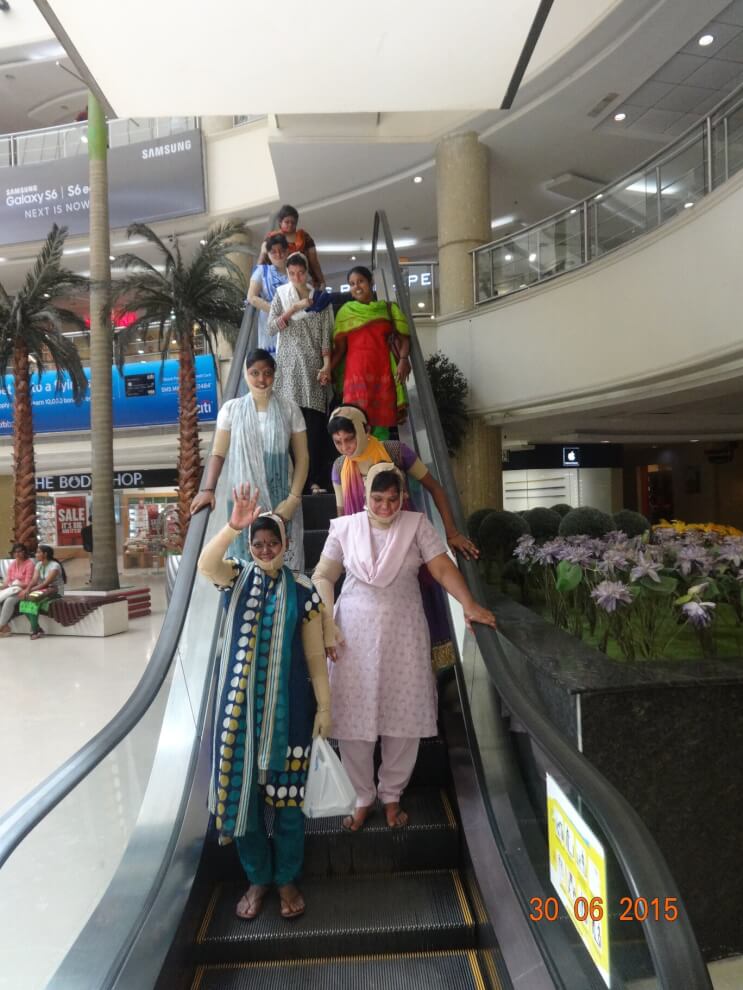
From providing emotional support through the smallest interactions to collaborating with Writer’s Cafe to provide burn survivors with a viable job, PCVC has guided many women and children from around South India to rise from the ashes and fight the stigma around domestic violence.
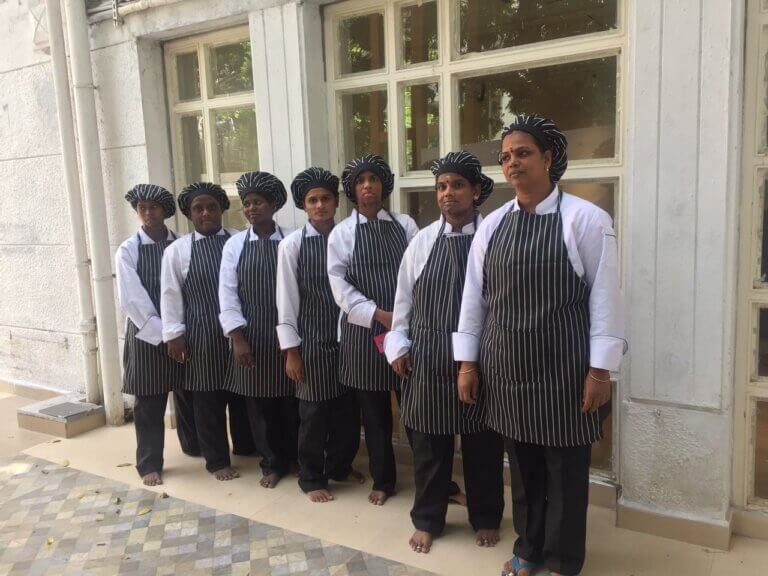
“Running a non-profit requires passion and perseverance,” advises the founder, “It is very important to remember that every action makes a large impact in someone’s life.”

